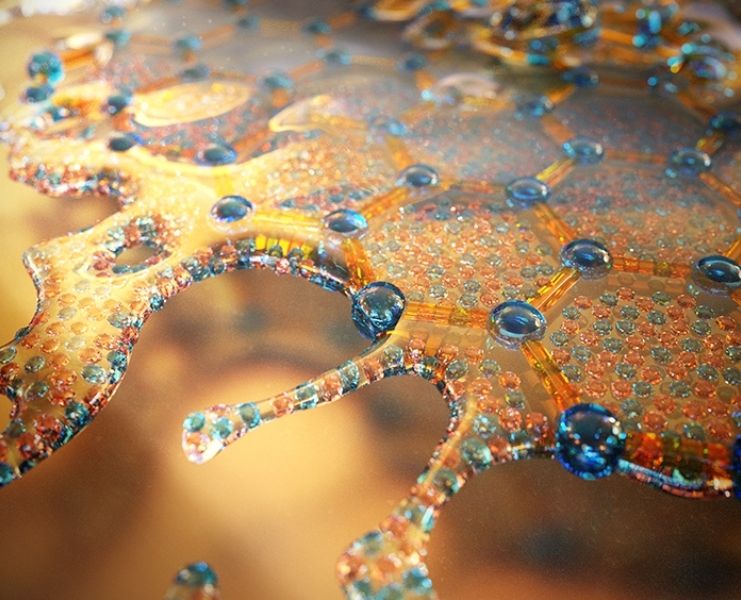Researchers used high-purity graphene and observed for the first time that its charged particles behave like fluid with relativistic properties. This discovery holds promise for thermoelectric devices as well as for studying the behavior of black holes and celestial bodies.
( Peter Allen/Harvard SEAS )
Electrons in graphene appear for the first time to behave like a liquid, potentially leading to devices that can efficiently convert heat to electricity and chips that can precisely model the behavior of black holes and high-energy celestial objects.
Since it was discovered 10 years ago, graphene has been hailed as a wonder material: extremely light, strong, hard and among the most conductive items on Earth. The challenge, however, is studying the unique properties of this one-atom-thick material.
